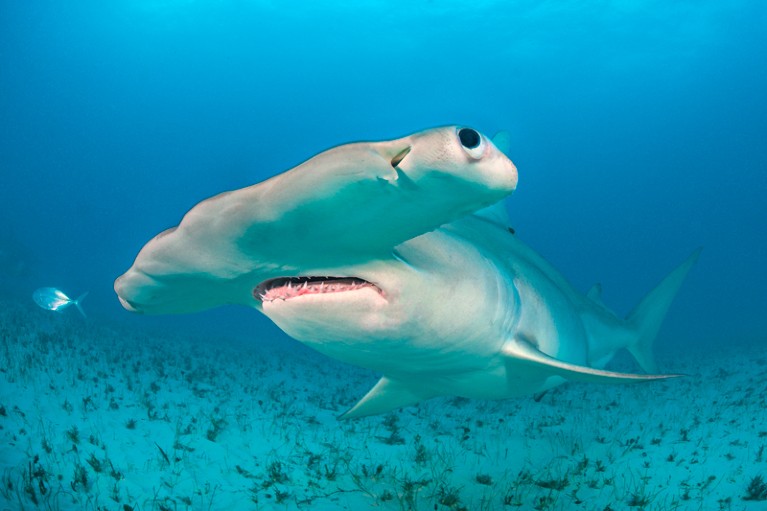
Hammerhead sharks (Sphyrna mokarran) are critically endangered and would benefit from conservation efforts.Credit: Alex Mustard/Nature Picture Library
Disputes over how to finance conservation of the world’s plants and animals have resurfaced between countries — threatening their ability to meet goals laid out in a historic plan signed late last year, sources have told Nature.
At the COP15 biodiversity summit in Canada in December, more than 190 countries agreed to the Kunming-Montreal Global Biodiversity Framework, a deal including targets such as nations protecting and restoring 30% of the world’s land and seas by 2030. To ensure that all countries — particularly low- and middle-income nations (LMICs) — can meet these targets, those that signed the deal agreed to establish a trust fund by the end of this year and that, by 2030, wealthy nations should collectively be contributing US$30 billion per year.
Several times during those negotiations, however, arguments erupted and threatened to derail the deal. The disputes are now rearing their heads again.
A showdown looms
During COP15, LMICs that are rich in biodiversity called for a new, independent fund for species conservation. The current fund, run by the Global Environment Facility (GEF) within the World Bank in Washington DC, is difficult to access and slow to distribute funds, LMIC representatives said.
Nations forge historic deal to save species: what’s in it and what’s missing
But high-income nations, including some of those in the European Union, disagreed, and eventually it was decided that a newly established fund would be run by the GEF — although the deal set out provisions to continue discussions about an independent biodiversity fund.
With the approach of a 26–29 June meeting, at which the GEF is set to start the process of establishing the biodiversity trust fund, fissures have appeared that threaten to delay the proceedings, according to sources involved in the discussions, who asked not to be named to maintain diplomacy.
At the upcoming meeting, GEF council members — including representatives from 14 high-income countries and 18 LMICs — are slated to review a proposal, posted to the GEF’s website, to establish the fund with at total of at least $200 million from at least three donors by December. But sources say that donor countries are reluctant to agree on any initial budget for the GEF, preferring to set up the trust fund first and then discuss funding pledges. LMICs, on the other hand, say that the initial amount proposed is not enough. Researchers have suggested that the amount needed to fully safeguard and restore nature is approximately $700 billion.
Can the world save a million species from extinction?
Brian O’Donnell, the director of Campaign for Nature, a conservation advocacy group based in Durango, Colorado, says that the success of the framework depends on donor countries making good on their pledges to increase biodiversity funding. In addition to agreeing to contribute $30 billion annually by 2030, wealthy countries said that they would help to find $200 billion per year from private and public sources by 2030. But the countries have not yet started to deliver on these promises.
“We need real money from donor countries,” O’Donnell says.
In a statement to Nature, a GEF spokesperson said that the facility is “optimistic” that the June council meeting will approve the trust fund, and declined to comment on ongoing disputes.
Biodiversity delays
LMICs are keen to see whether establishing the trust fund in the GEF is a “genuine” move by donor countries to avoid the logistics and costs of an independent fund, allowing for faster money transfer, as they stated during COP15 negotiations, says Paul Matiku, executive director of Nature Kenya, a conservation organization in Nairobi.
Scientists warn deal to save biodiversity is in jeopardy
Daniel Mukumbi, a negotiator of the biodiversity-framework deal for the Democratic Republic of the Congo (DRC) who is based in Kinshasa, told Nature that some nations are not happy and are holding out for an independent fund. LMICs don’t have an adequate say in how the GEF funds are spent, he says. The DRC and other LMICs will not agree to the trust fund until after discussions on an independent fund, which they hope will take place at a GEF assembly in September, he adds. “We will not give up.”
These tensions could delay the trust fund’s adoption, which was planned for that assembly, delaying biodiversity action even more — as it is, the Kunming-Montreal framework was agreed two years late, owing to the COVID-19 pandemic. Meanwhile, the clock is ticking: researchers have estimated that one million species are under threat of habitat loss because of factors such as climate change and agriculture.





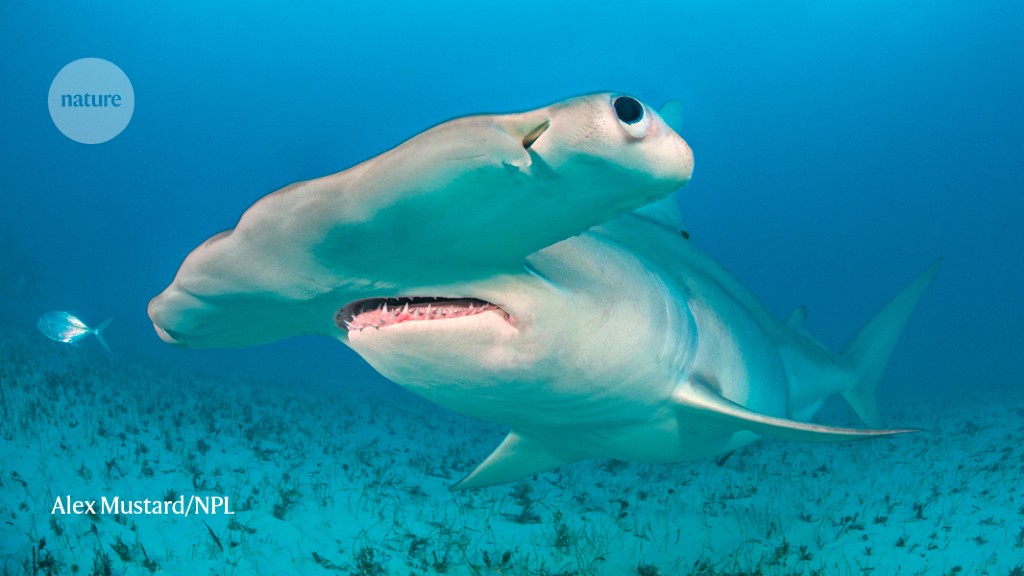
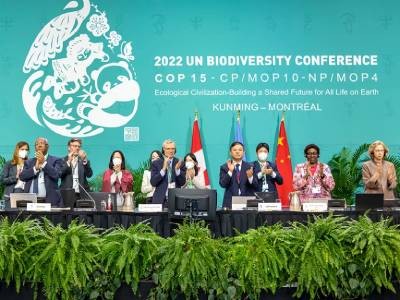
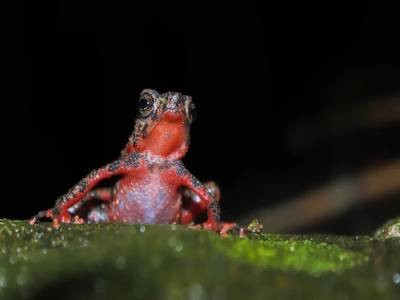
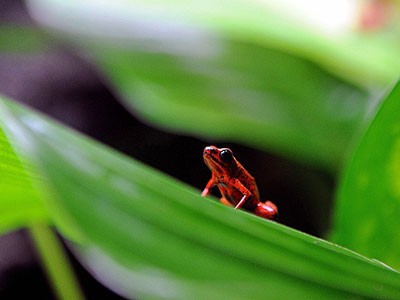
More News
Hacking the immune system could slow ageing — here’s how
How artificial intelligence is helping Ghana plan for a renewable energy future
Editorial Expression of Concern: Leptin stimulates fatty-acid oxidation by activating AMP-activated protein kinase – Nature